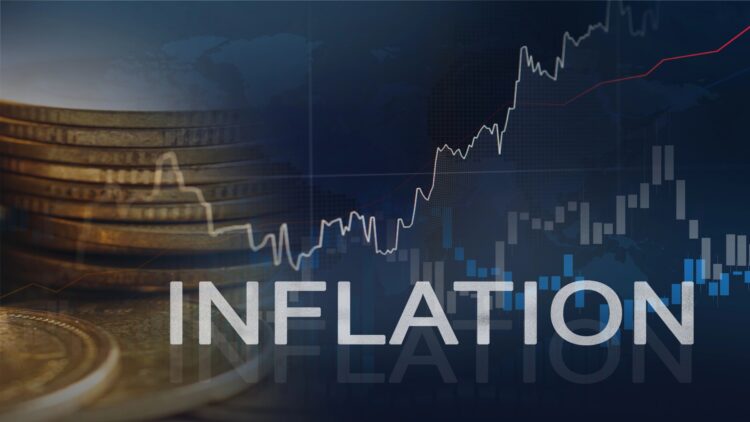The European Central Bank kept its key interest rates by leaving its deposit facility rate at 2% Thursday, with inflation hovering close to the central bank’s 2% target. The decision was widely anticipated by analysts as the eurozone economy shows it is resilient and price stability within acceptable parameters. ECB President Christine Lagarde Underlines Data Dependent Approach Projection of inflation to average 2.1% in 2025, falls to 1.7% in 2026, and rebounds to 1.9% in 2027.
The Governing Council keeps monetary policy on a tight rein
Governor Actions In virtual of all the HCB, the Governing Council had today decided to leave the three key ECB interest rates unchanged. Inflation is currently around the 2% medium-term target, and there is little change in the Governing Council’s assessment of the inflation outlook. The bank held its rate on the so-called deposit facility at 2%, which is the rate of interest that banks are paid when they deposit money with the central bank overnight.
The other two rates, concerning the main refinancing operations and marginal lending facility, were also left unchanged on Thursday, at 2.15% and 2.40%, respectively. The ECB has lowered its key interest rate, in total, 8 times starting from June 2024, bringing the rate down to a record high level of 4 percent. The rate has been at 2%, its lowest in over two years, since June when the central bank reduced it by 25 bps.
Staff projections see balanced inflation outlook
The new ECB staff projections paint a similar picture of inflation as projected in June. They see headline inflation averaging 2.1per cent in 2025, 1.7% in 2026, and 1.9% in 2027. For inflation excluding energy and food, they project an average of 2.4% in 2025, 1.9% in 2026, and 1.8% in 2027. The economy is expected to grow by 1.2% in 2025, as revised Thursday from June’s predicted 0.9%.
Data-dependent method to decide the next solving the monetary decision
The Governing Council is determined to see inflation at its 2% target in the medium term. It will be data-dependent and meeting-by-meeting in determining the appropriate monetary policy stance. In particular, the Governing Council’s decisions on interest rates will depend upon its assessment of the outlook for inflation and the risk surrounding that outlook, in light of the incoming economic and financial data.
“We are in a good spot because inflation is at 2%.” But we’re not interested in nodes in data. “We’re looking at all sorts of data,” ECB President Christine Lagarde said at the end of the last Monetary Council meeting. “And our target, we’re talking about, is the medium term inflation, which is 2 percent.” So I’m saying that we’re in a good place because our projections are pointing to inflation stabilising at target in the medium term.”
The most recent figures from this method of flash showed that prices had risen by 2.1% in August, following readings of 2% in June and July.
Economic hardships in the face of other good signs
Despite Lagarde’s encouraging words, the bloc is facing some challenges, including renewed political turmoil in France, which could strangle investments due to the uncertainty clouding the European Union’s second-largest economy. With the EU-US trade agreement having been sealed, the eurozone is dealing with more clarity, although the real impact of the pact is yet to be assessed by the ECB. Experts at Oxford Economics say eurozone growth is likely to continue to remain lacklustre in the near term, being weighed down by weaker global demand and uncertainty.
The ECB’s choice to keep existing interest rates is a reflection of a balanced method of monetary coverage during a range of changing economic conditions. With inflation running close to target levels and economic growth showing weak signs of improvement, the central bank demonstrates through momentary caution in the decision-making process, but without apparent nervousness in setting policy, as the bank is prepared to adjust policy come what may.


